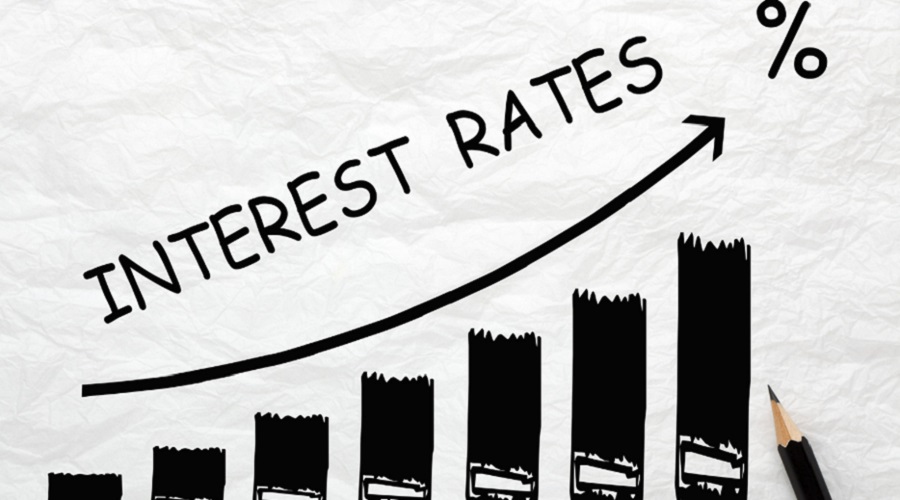In today’s world, credit scores play an important role in various financial decisions. From getting a loan to renting an apartment, having a good credit score can make a significant difference in one’s ability to secure favorable terms and conditions. One area where credit scores have a major impact is in the process of obtaining a mortgage. In this article, we will discuss how credit scores affect your ability to secure favorable mortgage interest rates and the steps you can take to improve your chances of getting a good rate.
Understanding Credit Scores
Before we dive into the impact of credit scores on mortgage interest rates, it is important to understand what credit scores are and how they are calculated. Credit scores are numerical representations of an individual’s creditworthiness, which is a measure of how likely they are to repay debts on time. The most commonly used credit score model is the FICO (Fair Isaac Corporation) score, which ranges from 300-850. The higher the score, the better the creditworthiness, and vice versa.
Impact of Credit Scores on Mortgage Interest Rates
When it comes to obtaining a mortgage, lenders use credit scores as a key factor in determining the interest rate for the loan. Generally, borrowers with higher credit scores are considered less risky and, therefore, qualify for lower interest rates. On the other hand, borrowers with lower credit scores may be seen as more risky and may have to pay higher interest rates or even be denied a mortgage altogether.
How Credit Scores Affect Mortgage Interest Rates?
The exact impact of credit scores on mortgage interest rates may vary from lender to lender, but in general, having a good credit score can save you thousands of dollars over the life of your mortgage.
For example, let’s say you are applying for a 30-year fixed-rate mortgage of $300,000 with an interest rate of 4% and a credit score of 750. In this scenario, your monthly mortgage payment would be $1,432 and you would pay a total of $213,676 in interest over the life of the loan.
Now, if you have a credit score of 650 instead, your interest rate may increase to 4.5%, resulting in a monthly mortgage payment of $1,520 and a total interest cost of $247,220 over the 30-year term. That’s an extra $33,544 in interest payments just because of a lower credit score.
Getting a Loan if You Have a Low Credit Score
If you have a low credit score and are worried about your ability to secure a mortgage, then seeking a private lender who specializes in bad credit loans may be an option. These lenders often have more flexible eligibility criteria and may be willing to work with borrowers who have lower credit scores. Moreover, when the providers determine the mortgage interest rates in Ontario, there are other factors that they consider in addition to credit scores, such as income, employment history, and debt-to-income ratio. Therefore, even with a low credit score, you may still be able to secure a mortgage with favorable terms by improving these other aspects of your financial profile.
The Bottom Line
The impact of credit scores on mortgage interest rates cannot be overlooked. But if you don’t have a good credit score, all hope is not lost. By taking steps to improve your credit score, exploring different mortgage options, and knowing how are mortgage interest rates determined, you may still be able to secure a favorable interest rate for your dream home. So, make sure to monitor your credit score regularly and take necessary actions to maintain or improve it in order to increase your chances of securing the best possible mortgage interest rates and saving money in the long run.









